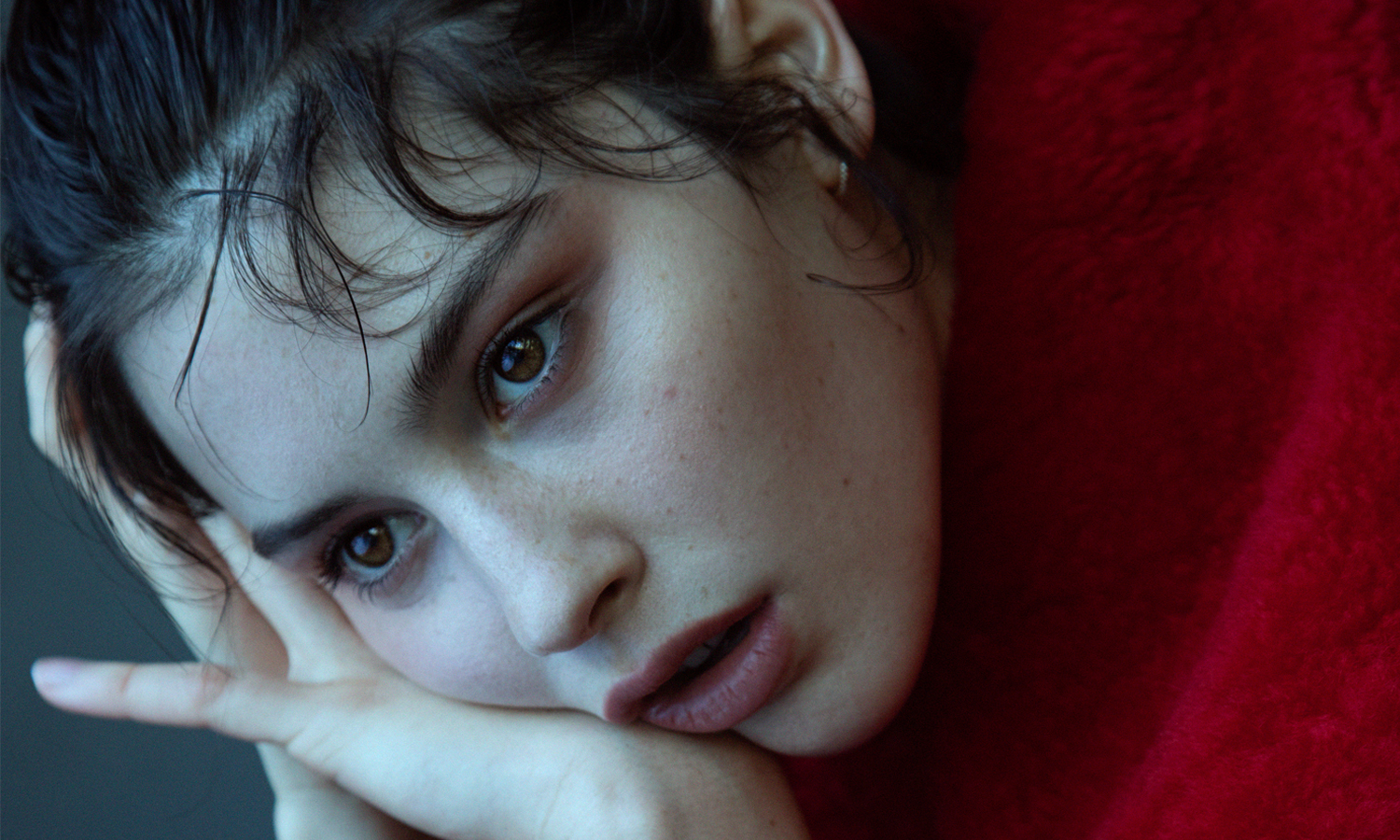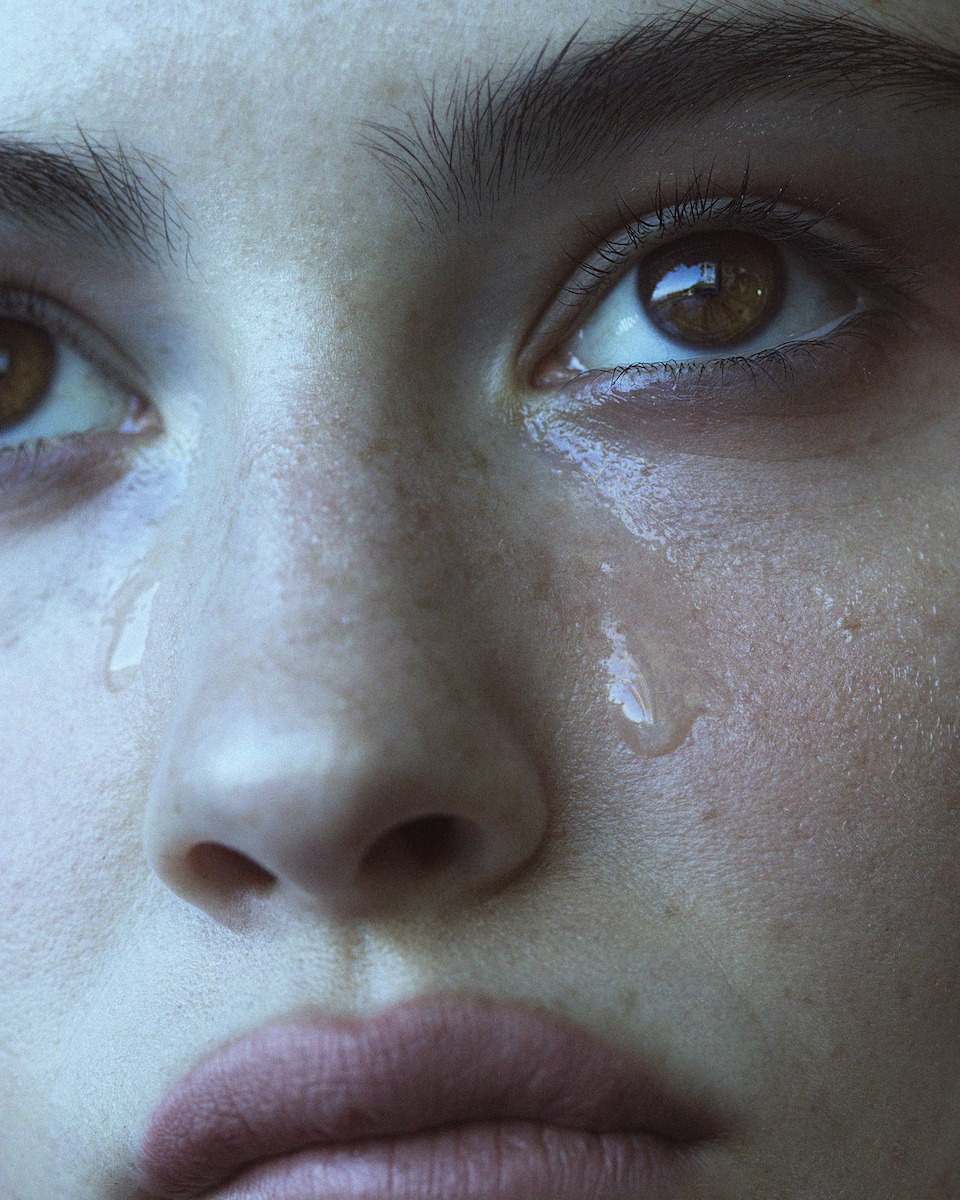Bedroom Pop Princess Gracie Abrams Is the Empath We Need Right Now
The artist speaks on how breakups, loneliness and sociology studies play a major role in her music.

Artists just starting out can choose from two options: adopt a persona, connecting with audiences through a set of strategic creative choices, or foreground their humanity, leaving contrivance out of the equation. Gracie Abrams is on the latter path, as indicated by her raw and autobiographical July debut, minor. “[It] aligned exactly with the timing of [my freshman year of college] and my first and only real-life breakup, which rocked me super hard,” she says of the project’s genesis. “Everything I experienced, whether my studies or meeting new people or being alone, deeply contributed to [the music].”

While her bedroom pop reflects everyday heartaches and growing pains, Abrams seeks to witness and metabolize the real world around her—pain and suffering included. The daughter of hyped director JJ Abrams, the singer moved East last year to attend Barnard. There, the the 20-year-old studied a particularly topical realm of sociology, taking multiple classes on mass incarceration. “It was the most eye-opening experience in the history of my education,” she says. “I feel very aware of my lack of personal experience in a lot of the systems that so specifically target people who are not me.”

Now on leave from school, Abrams has kindled her classroom awakening via musical discovery. “I’ve been listening to this unbelievable jazz pianist from the ’40s, Bud Powell,” she says. “His story made me cry when I first read about him. He suffered brain damage at the hands of police violence to the extent that his cognitive and physical abilities were never the same. It completely altered the way that he perceived music for his entire life…Not necessarily an uplifting story, but he’s so, so good.”
Abrams’s life experiences may not compare to the musical martyrs of yore. But her capacity for empathy is the hallmark of true artistry.

Discover More
